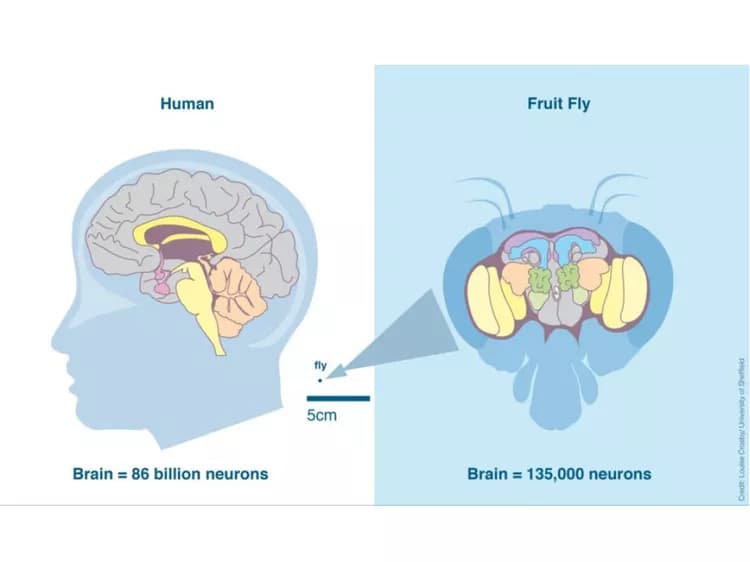
New Research Could Lead To Restoring Vision For Sufferers Of Retinal Disorders
Engineers and neuroscientists at the University of Sheffield have demonstrated for the first time that the cells in the retina carry out key processing tasks. This could pave the way for improving retinal implants and therefore the sight of thousands of people suffering from retinal disorders.
Up to now, it was thought that the function of these retinal cells, or photoreceptors, was mainly to convert light into electrical signals, from which the brain can interpret images.
However, the new research from Sheffield, published in the journal PLOS ONE, shows that in fruit flies, the photoreceptors believed to be involved in motion detection play a key role in providing visual information about the world around us.
The similarities that exist between responses of human cone photoreceptors and fly photoreceptors suggest that the human eye processes visual signals in a similar way.
If this were true, the research could have significant implications for those developing retinal implants for patients with retinal disorders such as macular degeneration. Age-related macular degeneration is the most common cause of sight loss in the developed world and currently affects more than 600,000 people in the UK.
Retinal implants replace damaged or dead cells by converting light into electrical signals that are sent to the brain. The implants do not restore vision completely but can help patients to detect patterns and shapes.
Daniel Coca, lead researcher from Sheffield's Department of Automatic Control and Systems Engineering, said: "We think that implementing the processing tasks performed by photoreceptors into retinal implants could help the brain accomplish key tasks such as object recognition and motion detection. This could significantly improve the performance of artificial retinas and therefore the sight of thousands of people suffering from macular degeneration."
The above post is reprinted from materials provided by University of Sheffield - Faculty of Engineering. Note: Materials may be edited for content and length.
Disclaimer: DoveMed is not responsible for the adapted accuracy of news releases posted to DoveMed by contributing universities and institutions.
Primary Resource:
Friederich, U., Billings, S. A., Hardie, R. C., Juusola, M., & Coca, D. (2016). Fly Photoreceptors Encode Phase Congruency. PLoS One, 11(6), e0157993.
Related Articles
Test Your Knowledge
Asked by users
Related Centers
Related Specialties
Related Physicians
Related Procedures
Related Resources
Join DoveHubs
and connect with fellow professionals

0 Comments
Please log in to post a comment.